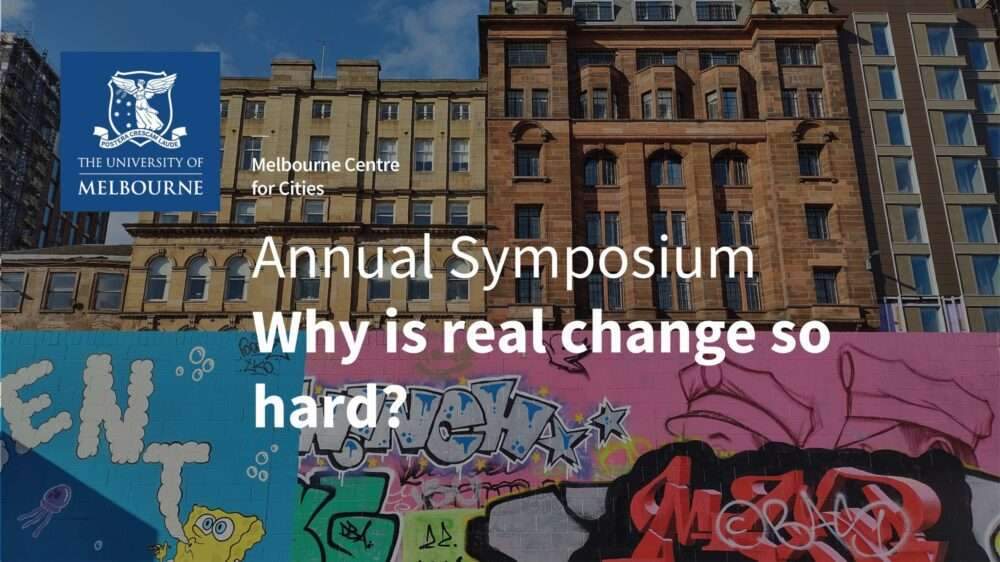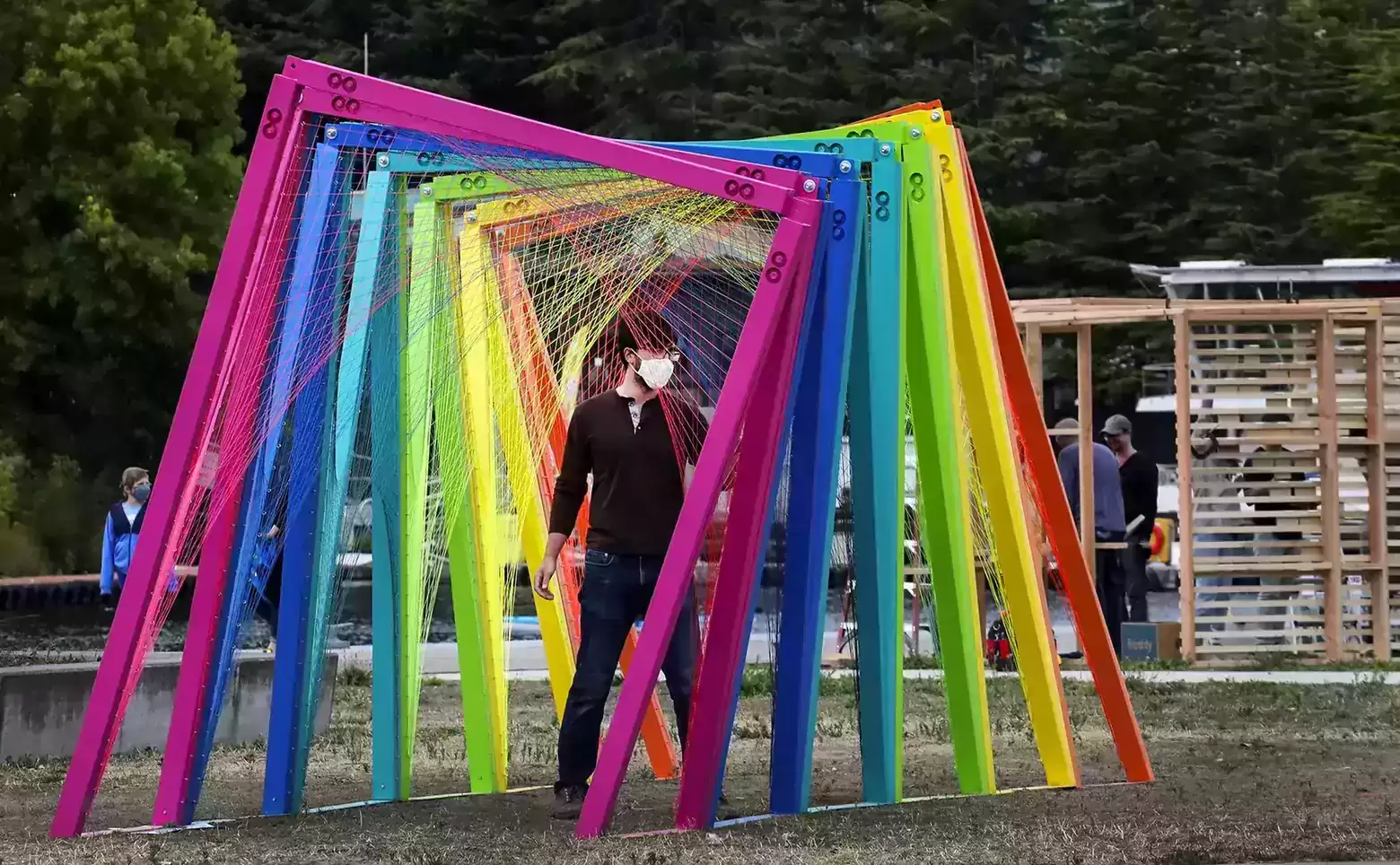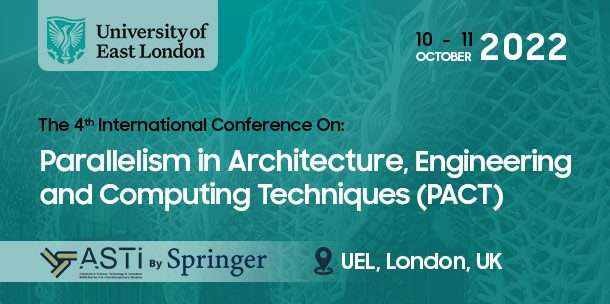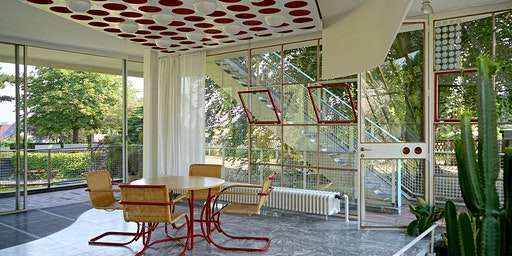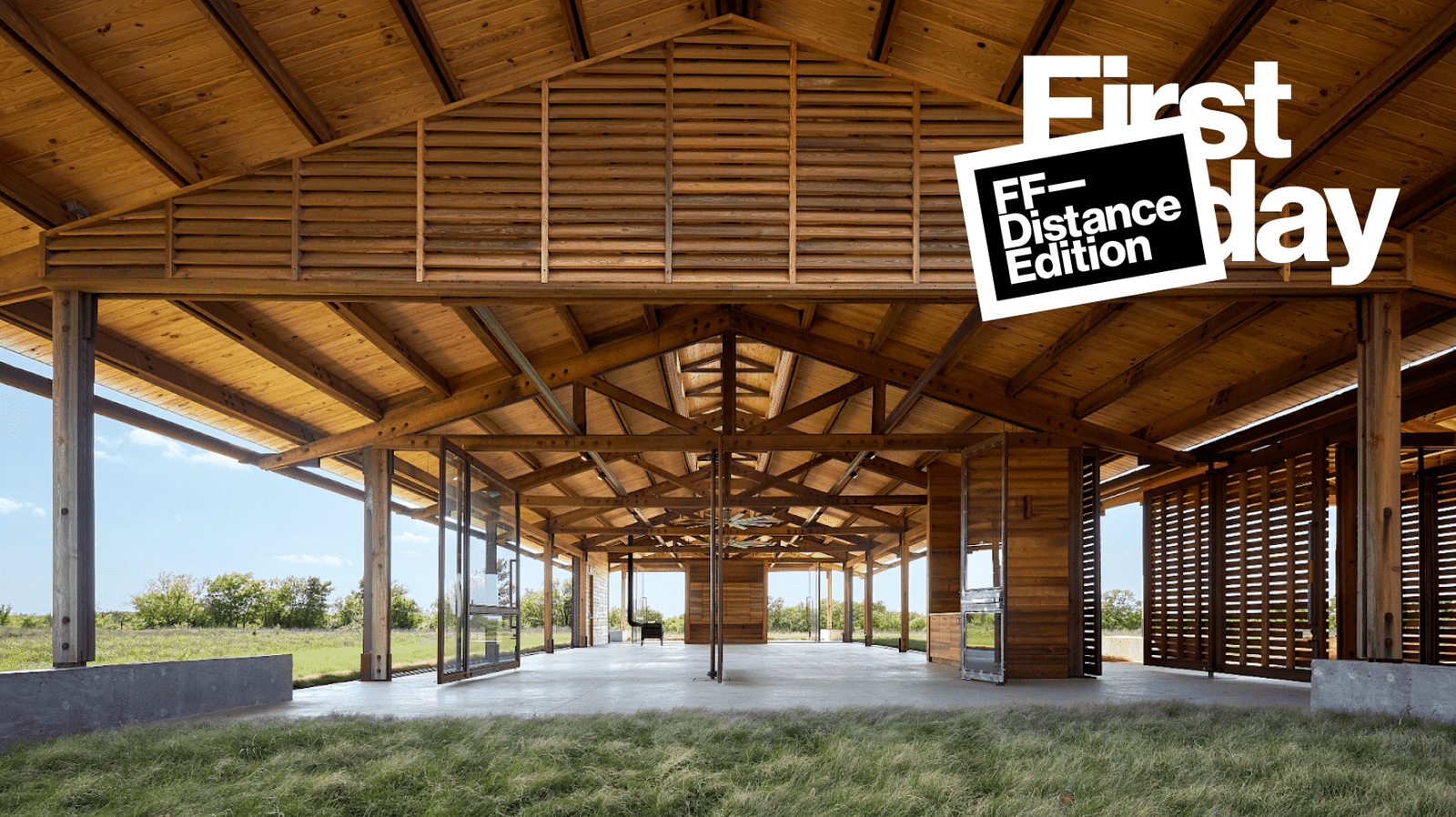Leveraging the City and University Connection for Impact
Leveraging the City and University Connection for Impact
This one-day symposium features thought-provoking speakers, cutting-edge research and practice, and participatory discussions, to think about opportunities and challenges that arise when universities and cities work together to address important urban issues.
Keynote speakers include:
– Professor Harriet Bulkeley (FBA, Professor in the Department of Geography,
Durham University, and at the Copernicus Institute of Sustainable Development,
Utrecht University)
– Inala Cooper (Director Murrup Barak, Melbourne Institute for Indigenous
Development)
– Jason Eades (Director Aboriginal Melbourne, City of Melbourne)
Universities play a vital role in shaping the economic, social, and cultural landscape of their communities, and their impact can be felt far beyond the boundaries of their campuses.
At the same time, cities provide universities with a rich and diverse environment that supports their research, teaching, and projects.
So, why is real change so hard? And how do we better leverage the city and university connection for greater impact?
The rise of new technologies, shifting demographics, and changing patterns of work. And mobility is all opportunities for universities and cities to collaborate and innovate. Equally, matters such as climate change, decreasing urban biodiversity, increasing social inequalities, and shifts in urban governance dynamics. Present complex challenges that require better collaboration between practice, theory, and research to achieve creative solutions.
This symposium will challenge delegates to engage, discuss, and act, through a day of moderated sessions and showcases at the Parkville campus of the University of Melbourne. We convene key voices on the future of cities to debate world-class evidence, coming from universities, local government, civil society, and the private sector. Urban challenges from cities big and small will be addressed through a suite of activities geared towards action and implementation, based on graspable evidence.
Read more on Archup:

